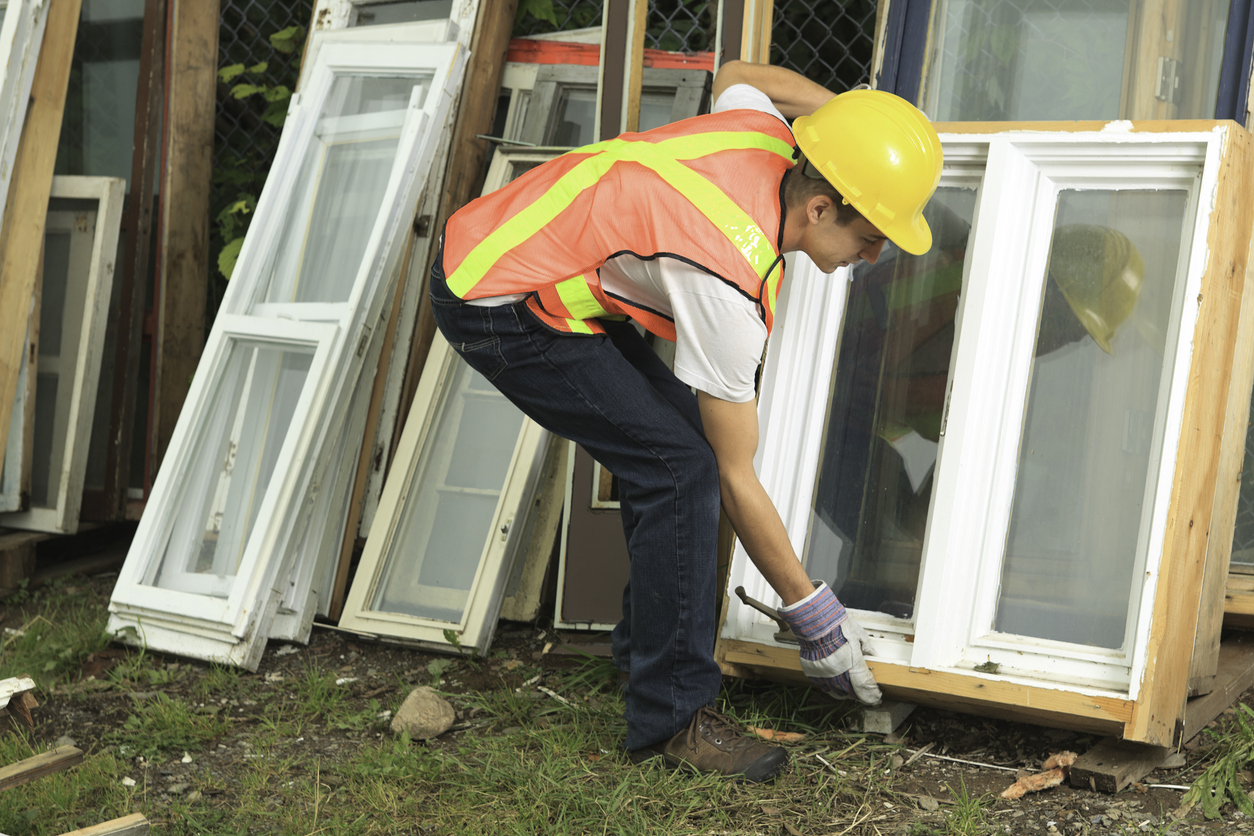
The construction industry shapes our cities and infrastructure. Without responsible management, construction activities can cause serious environmental impacts. Ensuring the sustainability of construction projects, compliance with environmental regulations, and financial security requires comprehensive risk management, pollution liability insurance, and other mitigation measures.
Ways to Mitigate Environmental Risk
Mitigating environmental risks starts with a comprehensive risk assessment. Identifying potential environmental hazards and assessing any possible impact on the project site helps you respond accordingly and ensure adequate business insurance coverage.
Identifying Hazards
Start with an environmental risk assessment. Identify potential environmental hazards, and assess their possible impact on the project site. Identifying them early in the planning process allows you to establish proactive strategies for mitigation.
Comply With Regulations
Stay informed of any changes in regulatory challenges at the state, local, or federal level. The more you understand changes and current conditions, the easier it is to ensure compliance.
Embrace Sustainability Measures
Implementing sustainable practices and sourcing sustainable materials helps you reduce your project’s environmental footprint. Recycled materials, energy-efficient systems, and sustainable building designs lessen the environmental impact of your projects.
Prioritize Environmental Protection
Construction sites are vulnerable to soil erosion without silt fences, erosion control blankets, or sediment basins. Take proactive steps to minimize the risk and protect the integrity of the soil.
Conserving water is easier than you think when you rely on water-efficient equipment and rainwater collection systems. Not only is it better for the environment, but it also reduces your operational costs when you reduce the amount of water you need to source elsewhere.
Every project also needs a risk evaluation for endangered and sensitive species in the area. Work with environmental experts to protect the area’s vital habitats and species.
Manage Waste Disposal
A waste management plan helps to ensure that your company disposes of these materials properly, with safe disposal practices for hazardous materials and recycling when possible.
Reduce Noise and Emissions
The noise and emissions from traditional construction equipment can harm the environment. Choose low-emissions, low-noise equipment instead to protect the environment and create a more comfortable working environment.
The Role of Pollution Liability Insurance
Pollution liability insurance is essential for a construction project’s risk management measures. The policy covers the costs of any environmental damage or pollution caused by construction activities.
This coverage includes clean-up costs for any contamination and the expenses associated with any bodily injury or property damage resulting from pollution or contamination.
Most policies cover the cost of legal fees associated with these incidents and offer coverage for sudden and gradual incidents. For projects with potential risks both onsite and off-premises, this coverage protects both. You can also get compensation for liquid waste, wetlands damage, lead abatement, and water or air contamination.
Get the Coverage You Need
Companies in the construction industry need to mitigate environmental risks to ensure the long-term sustainability of their projects. Pollution liability insurance is important in protecting construction businesses from these risks.
Work with a provider such as Provident Protection Plus to get the coverage you need from a company with knowledge and experience in environmental risk coverage.
About Provident Protection Plus
For more than 65 years, Provident Protection Plus has served businesses and residents across several states nationwide. Today, we are a wholly owned subsidiary of Provident Bank, the region’s premier banking institution. To learn more about our coverage options, contact our specialists today at (888) 990-0526.



